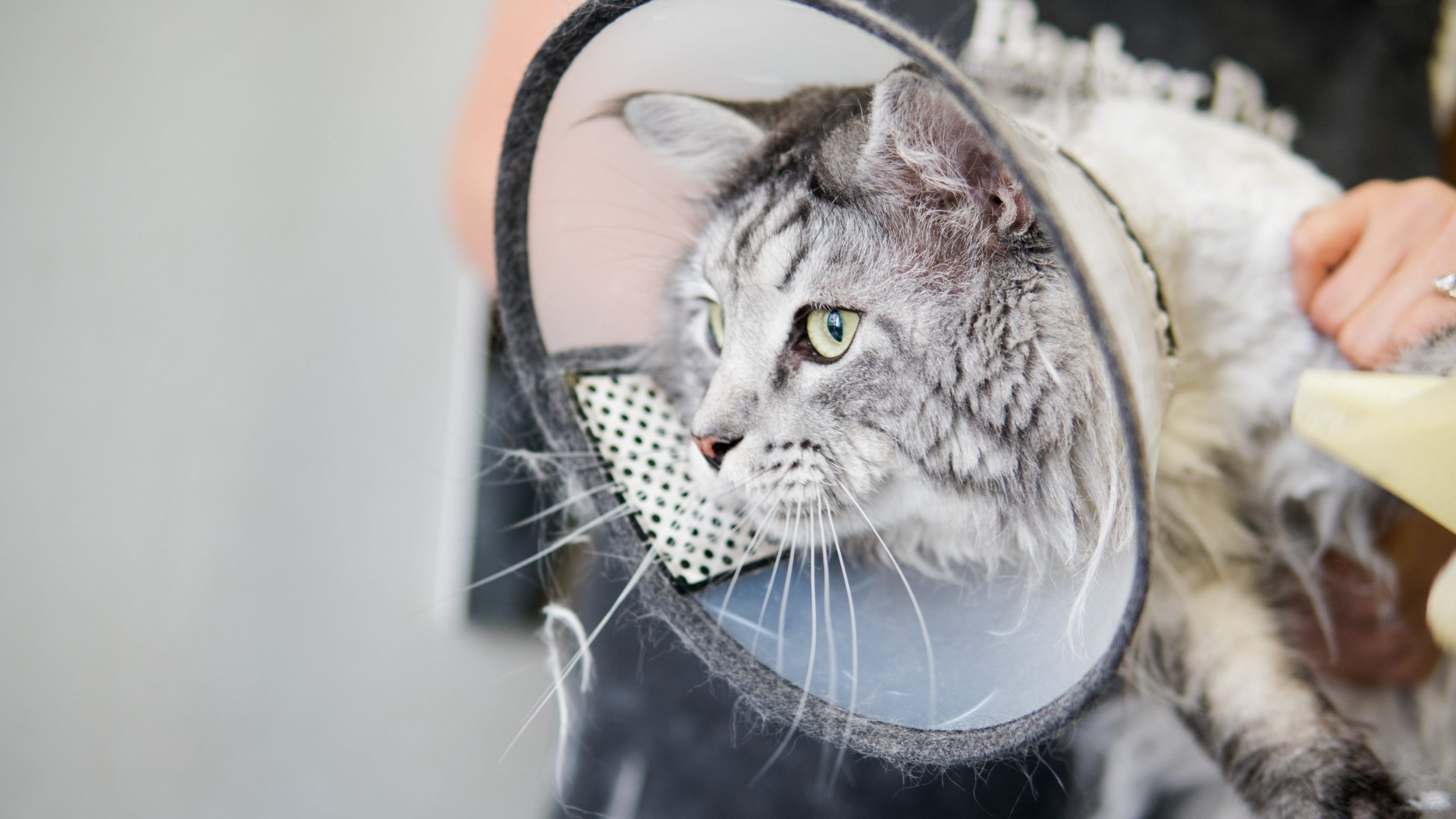Different Types of Caring For Your Pets

Pets are a big part of our lives and we want to make sure we are taking care of them the best way possible. There are different types of pets and each type requires different types of care. Here is a break down of some of the different types of pets and how to care for them:
Dogs: Dogs are one of the most common pets and they require a lot of care. They need to be taken on walks, fed, groomed, and given plenty of attention.
Cats: Cats are another popular pet and they are relatively low maintenance. They still need to be fed and have their litter box cleaned, but they don’t require as much attention as dogs.
Birds: Birds are a less common pet, but they are still fun to have around. They need a clean cage, fresh water, and a variety of food.
Fish: Fish are one of the easiest pets to take care of. They just need a clean tank and fresh water.
reptiles: Reptiles are not as common as other pets, but they can still make great companions. They need a warm environment, food, and water.
No matter what type of pet you have, it is important to give them the care they need. Pets bring a lot of joy into our lives and we want to make sure we are taking care of them the best way possible!
Different Pet Hygiene
Different pets have different hygiene needs, and it’s important to know what those needs are in order to keep your pet healthy and clean. Below is a rundown of different pet hygiene needs, along with some tips on how to meet those needs.
Cats:
Cats are relatively low-maintenance when it comes to hygiene, as they are very good at grooming themselves. However, they still need some help from their humans in order to stay clean. The main things you need to do for your cat’s hygiene are to provide them with a clean litter box and to brush their fur regularly.
Litter Box:
It’s important to keep your cat’s litter box clean, as a dirty litter box can lead to health problems for your cat. The best way to clean a litter box is to scoop it out daily and change the litter completely every week or so. You can also use a litter box liner to make scooping and changing the litter easier.
Brushing:
Brushing your cat’s fur helps remove dirt, debris, and knots, and it also helps distribute their natural oils evenly throughout their coat. It’s best to brush your cat at least once a week, though more frequent brushing may be necessary if they have long or thick fur. When brushing your cat, be sure to use a soft-bristled brush and be gentle so as not to hurt them.
Dogs:
Dogs need more regular baths than cats do, as they tend to get dirtier from being outside and playing more often. However, how often you need to bathe your dog depends on a few factors, such as their coat type, activity level, and whether or not they have any skin allergies. Generally speaking, you should aim to bathe your dog at least once a month.
When bathing your dog, be sure to use dog-specific shampoo that won’t dry out their skin or irritate their eyes. You should also avoid getting water in their ears, as this can lead to ear infections. After bathing, be sure to thoroughly dry your dog off with a towel or blow dryer set on low heat.
In between baths, you should also brush your dog’s fur regularly to help remove dirt and debris. How often you need to brush depends on their coat type – dogs with shorter coats only need to be brushed once or twice a week, while dogs with longer coats may need daily brushing. Be sure to use a brush that is appropriate for your dog’s coat type so that you don’t damage their fur.
Rabbits:
Rabbits are relatively clean animals and don’t require much in the way of hygiene care. However, there are still some things you need to do in order to keep your rabbit healthy and clean. The main things you need to do for your rabbit’s hygiene are to provide them with a clean litter box and to brush their fur regularly.
Litter Box:
It’s important to keep your rabbit’s litter box clean, as a dirty litter box can lead to health problems for your rabbit. The best way to clean a litter box is to scoop it out daily and change the litter completely every week or so. You can also use a litter box liner to make scooping and changing the litter easier.
Best Food Supplements for Pets
Pets are like family members, and just like people, they need the right nutrients to stay healthy and thrive. However, sometimes it’s difficult to ensure that our furry friends are getting all the nutrients they need from their diet alone. This is where supplements come in!
There are a variety of supplements available on the market that can be beneficial for pets, depending on their individual needs. Here is a list of some of the best food supplements for pets:
1. Omega-3 fatty acids: These are beneficial for pets who have allergies, joint pain, or heart disease. They can also help improve cognitive function and coat health.
2. Probiotics: These supplements contain live bacteria that can help improve digestion and gut health. They can also help boost the immune system and reduce allergies.
3. Vitamin E: This vitamin is a powerful antioxidant that can help improve skin and coat health, as well as reduce inflammation.
4. B vitamins: B vitamins are essential for metabolism, energy production, and nervous system health. They can also help improve the quality of your pet’s fur.
5. Vitamin C: Vitamin C is another powerful antioxidant that can help boost the immune system and protect against cell damage. It can also help improve skin and coat health.
6. Iron: Iron is essential for red blood cell production and oxygen transport throughout the body. It can also help improve energy levels and cognitive function.
7. Zinc: Zinc is involved in a variety of important processes in the body, including immunity, wound healing, and metabolism. It can also help improve skin and coat health.
8. Copper: Copper is essential for proper bone and connective tissue development. It can also help improve pigmentation in the fur and reduce inflammation.
9. Manganese: Manganese is involved in metabolism, bone development, and wound healing. It can also help improve cognitive function and nervous system health.
10. Selenium: Selenium is a powerful antioxidant that can help protect against cell damage and boost the immune system. It can also help improve fertility in both male and female pets.













